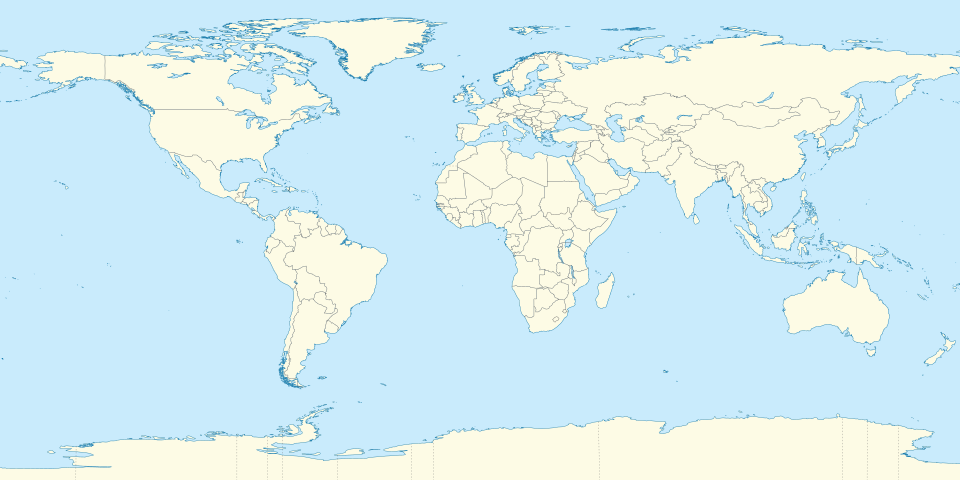| Campeonato Mundial de Clubes de la FIFA España 2001 | |
|---|---|
 2001 FIFA Club World Championship official logo | |
| Tournament details | |
| Host country | Spain |
| Dates | 28 July – 12 August (cancelled) |
| Teams | 12 (from 6 confederations) |
← 2000 2005 → | |
The 2001 FIFA Club World Championship was a football tournament arranged by FIFA to take place in Spain from 28 July to 12 August 2001. [1] It was supposed to be the second edition of the FIFA Club World Championship, after the first edition in 2000, but was cancelled owing to a combination of factors such as the collapse of FIFA's marketing partner ISL. [2] [3] [4] FIFA had originally planned to postpone the tournament until 2003. [5]





